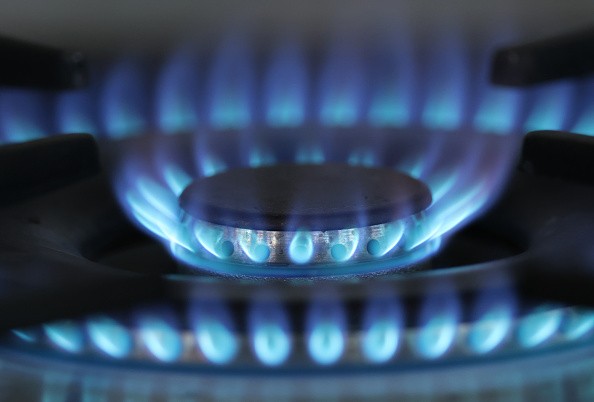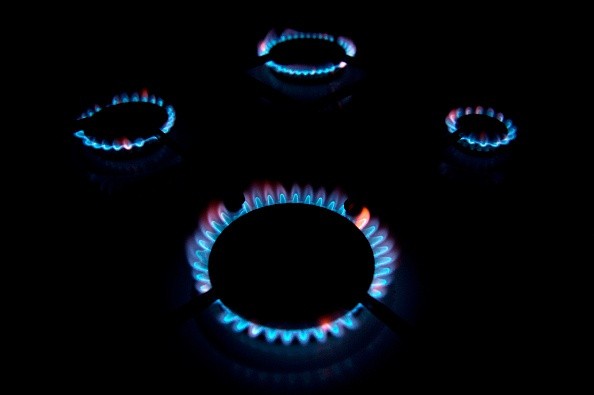Scientists believe they have discovered a new source of urban methane leaks. Every time a gas stove is turned on, it contributes to the global warming crisis by emitting a strong climate pollutant.
This doesn't seem to be limited to the times when the stove is on, according to a recent study. Even when the gas stove is turned off, it continues to emit methane into the air.
In the journal Environmental Science & Technology, a new peer-reviewed study answers a topic that has eluded experts for years.

High Levels of Methane Emissions
As methane concentrations in the atmosphere have climbed to record levels, the challenge has been to account for all the sources of methane.
As a result, scientists are aware that the natural gas industry, and in particular pipeline leaks, is a major contributor - natural gas is mostly methane. According to VOX, livestock and landfills are two other well-known sources of contaminants.
Researchers in Boston, however, found that pipeline leaks couldn't explain the significant levels of methane emissions they observed in urban surroundings. The most likely source of the other leaks was gas-burning equipment in a house.
One of the study's coauthors, Stanford scientist Robert Jackson, set out to find the missing methane in homes and buildings. And he was astonished by the results of his investigation.
In other words, the gas stove, a common feature in 40 million American homes, is likely to be emitting greenhouse gases at all times. Researchers found that the methane emissions from stoves are about equal to the carbon dioxide released by half a million gas-powered appliances in a year.
How Gas Stoves Impact Climate Change and Human Health
In addition to harming human health, methane also adds to ground-level ozone. Researchers don't believe that methane leaks in the home are harmful to human health. When the gas is ignited, it creates nitrogen dioxide as a byproduct, which poses a greater risk to health, as per Forbes.
According to the Stanford study, gas appliances in buildings are emitting more climate and air pollutants than previously thought, which is a tiny but growing body of studies.
A greater knowledge of the influence of gas stoves on climate change isn't the only benefit from the new study.
Those who believe in global warming can no longer rely on the natural gas grid because of its high rate of leakage. Methane, carbon dioxide, and nitrogen oxides are emitted into the air when a gas stove is used.
In addition to methane, the researchers examined how gas stoves release carbon dioxide, which is the primary cause of global warming. By-products of methane combustion, such as nitrogen oxides, raise the risk of cardiovascular and respiratory disease in those who inhale them.

Efforts to Replace Gas Stoves
Just about 53 residences were examined by Stanford researchers. Extrapolating from national survey data on average American cooking practices, they calculated the impact on the country as a whole.
Stove measurements alone show that the EPA is undercounting the amount of climate pollution that comes from all homes, not to mention the leakage from other gas appliances such as furnaces, fireboxes, and water heaters, which are also likely to be undercounted.
Gas stoves are being phased out in several cities. And the gas business is putting up a fight, as well.
If this source of emissions must be eliminated, every leaky stove doesn't need to be fixed. Instead, an an electric stove can be used. WBUR suggests the use of Induction stoves, which uses magnetic field to heat pans, are the greatest alternative to gas stoves.
But until local, state, and even federal policies are implemented, this transition to electric-powered cooking stove will not take place.
Related Article : Gas Stoves Are Causing Dangerous Indoor Pollution, and Many are Ignoring the Risks
For more news, updates about climate change and similar topics don't forget to follow Nature World News!
© 2026 NatureWorldNews.com All rights reserved. Do not reproduce without permission.





